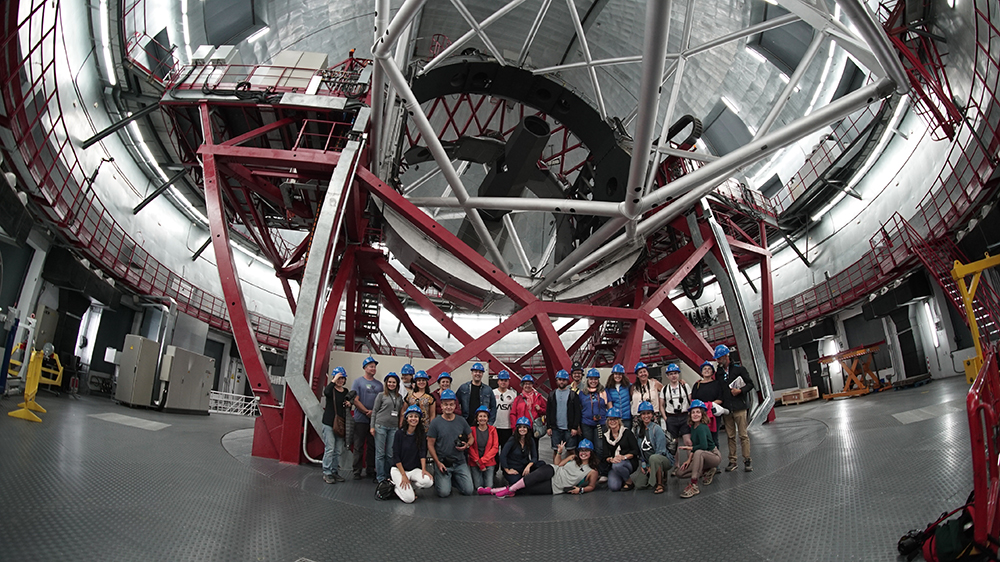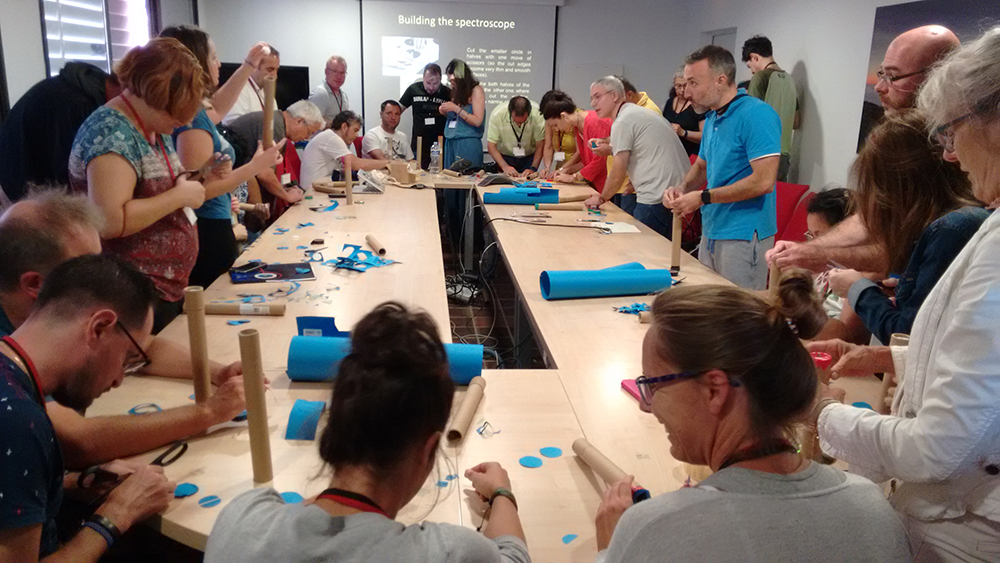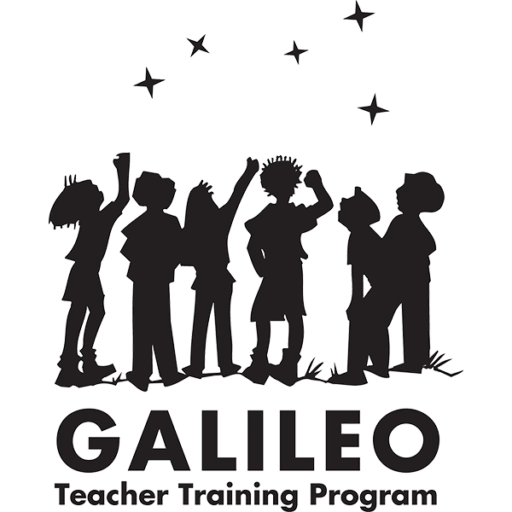July 20th to July 24th
Due to the ongoing situation and travel restrictions related to the COVID-19 pandemic, the Astronomy Education Adventure in the Canary Islands 2020 will be held online.
This course is organised in the framework of teacher training activities of the European School Innovation Academy.

NUCLIO and IAC (Instituto de Astrofísica de Canarias) join hands to promote another unforgettable Education Adventure in the Canary Islands with a special edition entirely online. This year’s main theme will be “Exploring Stars and Other Worlds”. Do you think you can involve your students in real research experiences? Could you or one of your students discover a new planet around another star? Well, the answer is yes and it is not as hard as you think. By introducing innovative learning methodologies, you will be able to deliver curriculum content while bringing research and space exploration much closer to their reality.
During five days, you will be able to discover the secrets of the stars and their planets, understand how they are detected and how their properties are studied, learn how to program observations with professional robotic telescopes, as well as practice with visualization and analysis programs of astronomical images specially developed for educational use and with real data obtained with the Liverpool Telescope, the LCO network telescopes and ESA’s scientific space-missions.
The course is composed of lectures, astronomical software workshops, and virtual visits to Teide Observatory (Tenerife) and Roque de los Muchachos Observatory (La Palma).
This course is organized by the IAC and NUCLIO (the coordinators of the Galileo Teacher Training Program) and is carried out in collaboration with the Faulkes Telescope Education Team, the National Schools’ Observatory and CESAR (ESA’s education efforts at ESAC in Madrid) in partnership with the European School Innovation Academy (ESIA).

Who can apply?
The course is open to teachers of all grade levels and subject domains willing to dive into a real STEAM experience (Science, Technology, Engineering, Arts and Maths). We believe that learning improves when students are embedded in interdisciplinary experiences and in environments that seamlessly integrate horizontal (across subject domains) and vertical (across different grade levels) articulation.
Programme Topics
- Virtual visits to: the IAC Instrumentation area, Teide Observatory, and Roque de los Muchachos Observatory.
- Lectures by researchers on current topics related to exoplanets and their stars
- Innovative Methodologies: Inquiry and project-based learning, interdisciplinary learning, etc.
- Digital tools and resources for research in classroom: Stellarium, Salsa J, PeterSoft, Augmented Reality, etc.
- Observing and processing images from robotic telescopes
- Brainstorming sessions on how to integrate the presented projects in classroom
Download the detailed program here.

Venue
The course will be offered online using videoconference software. A computer with internet connection is required to participate.
Practical Information
The working language will be English. The course duration is 25 hours.
Fees & Funding
The course is free to participate! There are no fees involved.
Registration
It is necessary to register, as the number of places available is limited.
Registration will be open until July 10th (or until full capacity is reached) and places will be allocated in strict order of registration.
Please complete the online application form.
Apply Here!!!
Organizers
NUCLIO
IAC (in the framework of the PETeR project)
Faulkes Telescope
NSO – National Schools’ Observatory
Cesar Educational Program from ESA at ESAC
Contact
Ana Costa (e-mail)
